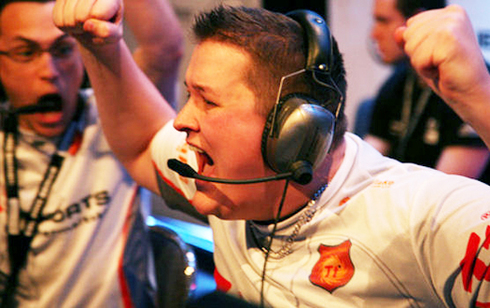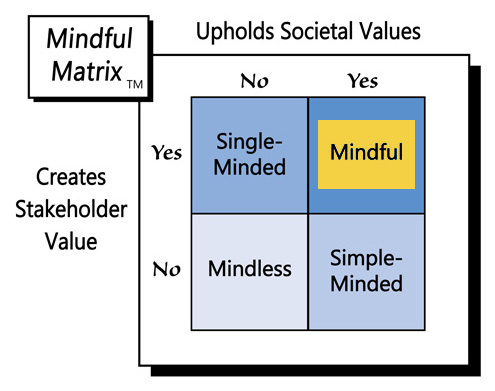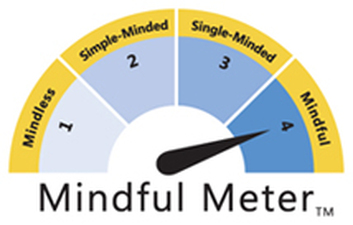A few creative colleges have started offering scholarships to incoming students for (you’re not going to believe this) playing video games. The first to do so was Robert Morris University in Chicago, which awarded a scholarship to Youngbin Chung, based on his mastery of League of Legends, a multiplayer battle arena video played on-line. Another school that’s followed suit is the University of Pikesville (KY).
Have these schools taken leave of their senses? Isn’t playing video games anathema to education? Not according to Daphne Bavelier, a research professor in brain and cognitive sciences who holds dual appointments at the University of Rochester and the University of Geneva. In a recent study Bavelier found that players of fast-paced action video games were better learners, a result he attributed to more finely tuned prediction skills, honed as one’s brain constantly and quickly tries to anticipate what will come next.
For a game like League of Legends, the learning may also happen at other levels. In League of Legends, players compete on teams of five “in a battle for domination that is sort of like a high-speed digital version of capture the flag.” As such, players are compelled to think strategically and act cooperatively.
This combination of cognitive challenge, teamwork, and adrenaline rush, has proven potent for the game’s creator, Riot Games, which last October held the League of Legends world championships in Los Angeles. The high-energy competition drew 18,000 fans to the Staples Center, while 32 million others viewed the game-play online.
In light of the educational outcomes and the opportunity to reach the coveted young, largely male, demographic, it’s not surprising that more than 230 college and universities field League of Legends teams, competing head-to head in the Collegiate Star League (CSL), whose participants include many of the largest and most reputed institutions in higher education, e.g., the University of Pennsylvania, Stanford, and Harvard. Some schools, like Robert Morris, have taken the esports club concept a step further and even started varsity esports programs.
For all of the reasons mentioned above, as well as the exploding popularity of video games, granting scholarships to gamers seems like effective marketing for colleges and universities. The practice also upholds societal values by affording higher education access to more young people with different interests and skill sets. A caveat, however, is that the games’ contents should not jeopardize values such as decency and respect, which is questionable for League of Legends. If these prerequisites are fulfilled, however, video game scholarships can be seen as a surprising new form of “Mindful Marketing.”
Learn more about the Mindful Matrix and Mindful Meter.
Check out Mindful Marketing Ads and Vote your Mind!




 RSS Feed
RSS Feed